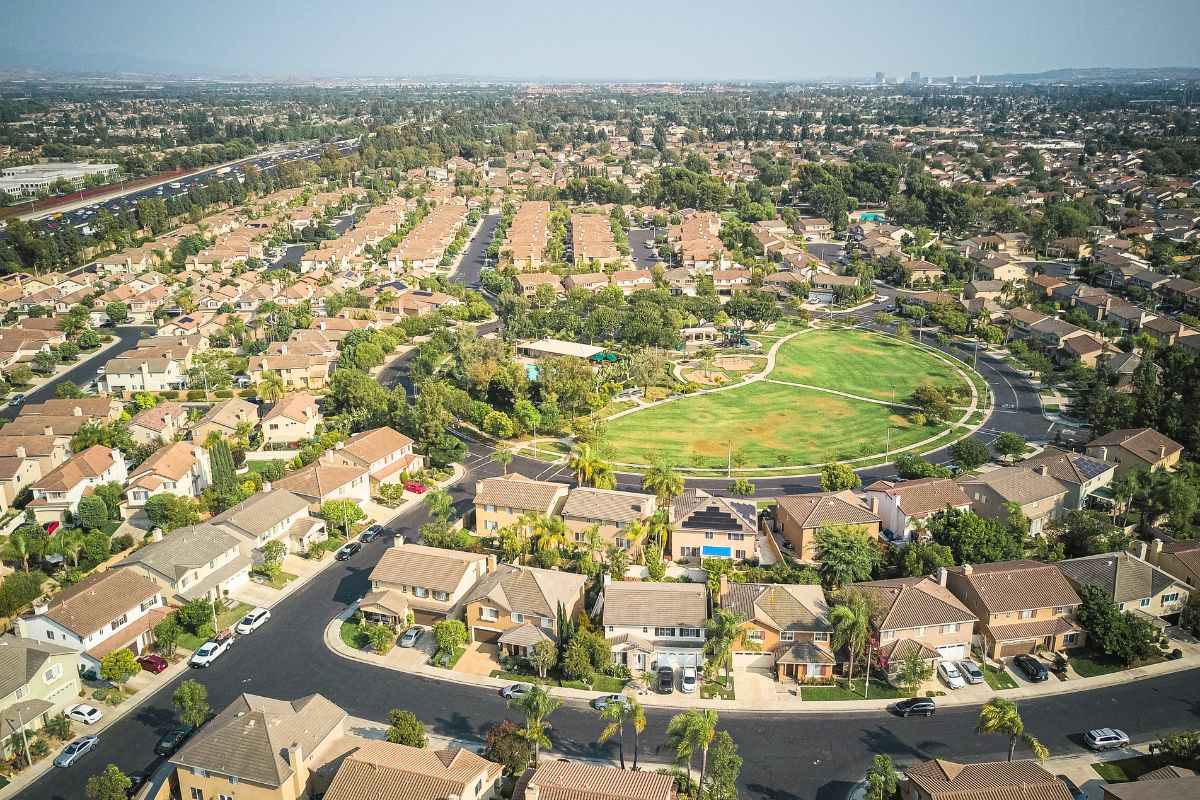Homeowner Associations (HOAs) are organizations formed by homeowners within a community or neighborhood. Homeowner Associations (HOAs) play a critical role in maintaining the quality and standards of living within residential communities. These organizations enforce rules and regulations that homeowners agree to abide by upon purchasing property within the association’s jurisdiction. While these regulations often aim to preserve property values and community aesthetics, they can also significantly impact a homeowner’s experience.
Benefits of Living in an HOA-Managed Community
- Enhanced Community Aesthetics: HOA regulations help maintain a uniform appearance in the neighborhood, ensuring that properties are well-kept and landscapes are manicured, contributing to the overall beauty of the area.
- Increased Property Values: The consistent maintenance and aesthetic standards enforced by HOAs can lead to higher property values, benefiting homeowners looking to sell their property in the future.
- Dispute Resolution: HOAs often provide mechanisms for resolving disputes between neighbors, which can help maintain a peaceful community atmosphere.
- Community Events and Social Opportunities: HOA-managed communities frequently organize social events, such as holiday parties and neighborhood gatherings, fostering community and belonging among residents.
- Enhanced Security Measures: Some HOA communities implement additional security measures, including gated entrances and security personnel, offering residents peace of mind regarding their safety.
- Preservation of Views and Open Spaces: HOA guidelines can protect against overdevelopment, helping to preserve open spaces, views, and the overall character of the neighborhood.
However, HOAs face controversies. Some restrictions may seem intrusive, limiting homeowners’ property autonomy. For example, HOAs control home colors, landscaping, and satellite dishes or flags placement. While rules protect community interests, they can spark disputes with homeowners.
Financial Responsibilities of HOA Membership

Membership in an HOA also comes with financial obligations. Homeowners are required to pay monthly or annual dues, which contribute to maintaining the community and its amenities. These fees vary widely depending on the services and the community’s budget. Members may also be subjected to special assessments in unexpected repairs or improvements, which can impose short-term financial burdens.
Homeowner associations play a significant role in shaping the residential experience within their communities. While they offer several benefits, including maintained communal spaces and enhanced property values, they also impose certain restrictions that may not be favorable to all residents. Prospective homeowners should carefully consider the pros and cons of living in an HOA-managed community and thoroughly review the association’s governing documents before making a purchase decision. This informed approach can help ensure a harmonious living environment that aligns with a homeowner’s values and lifestyle preferences.




